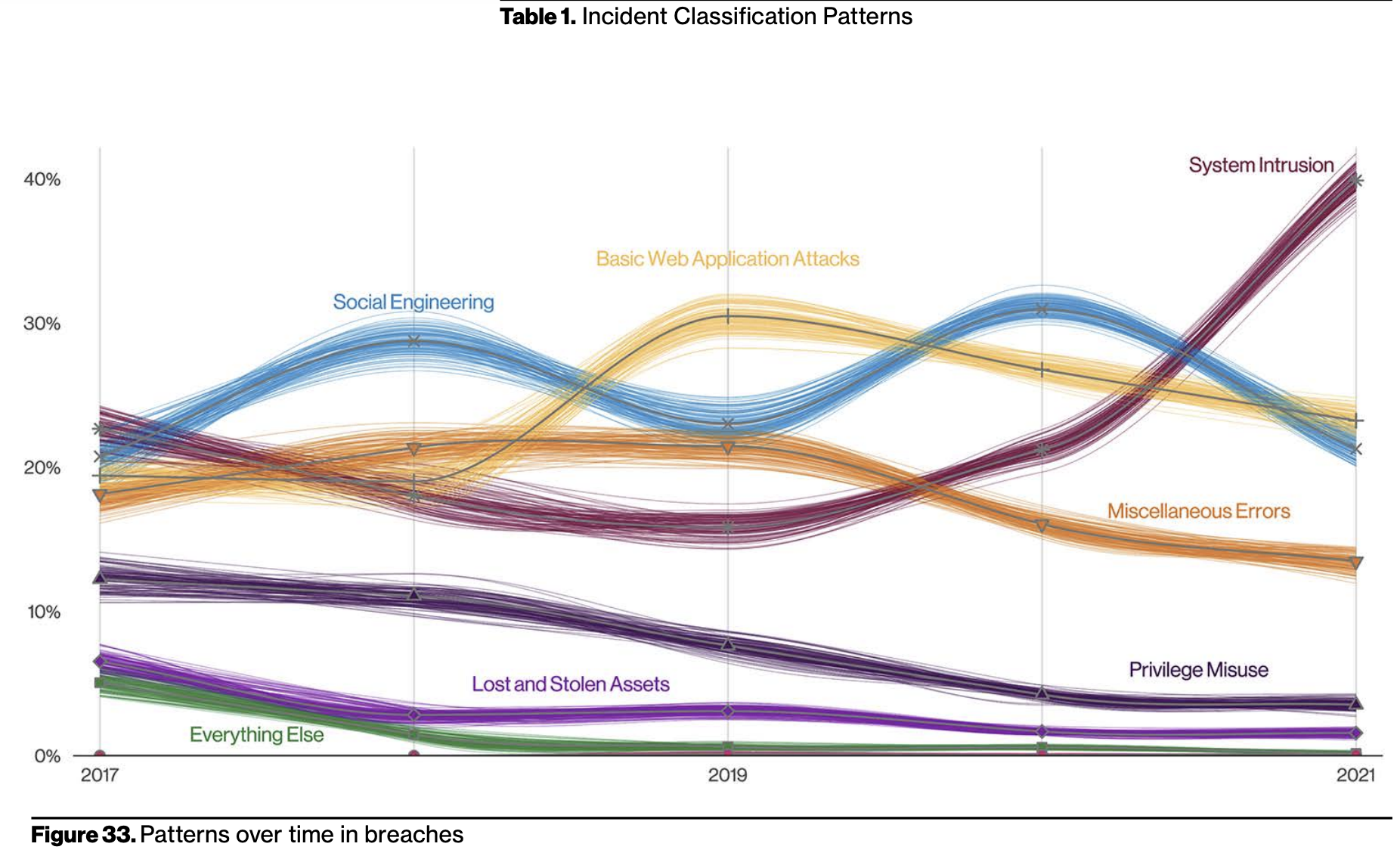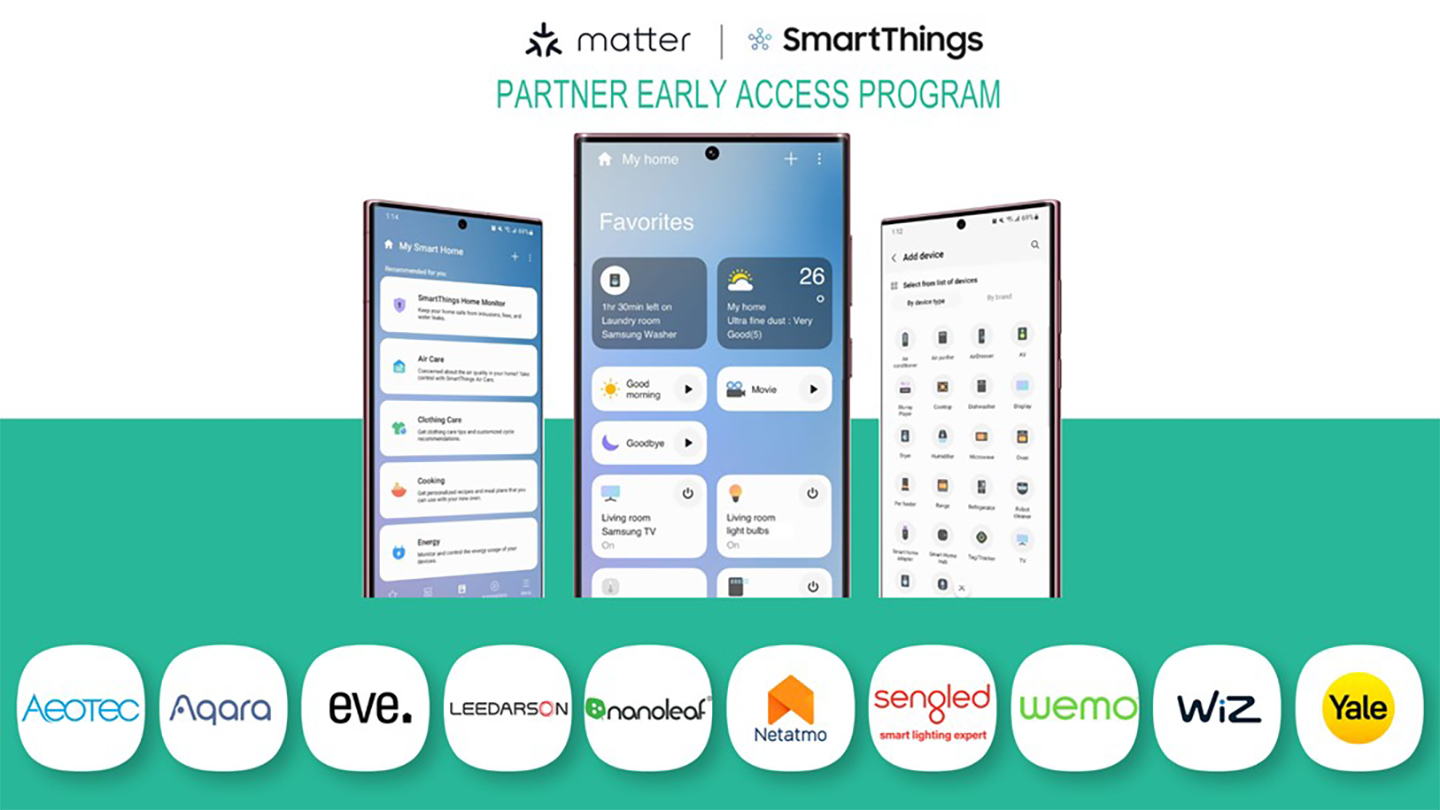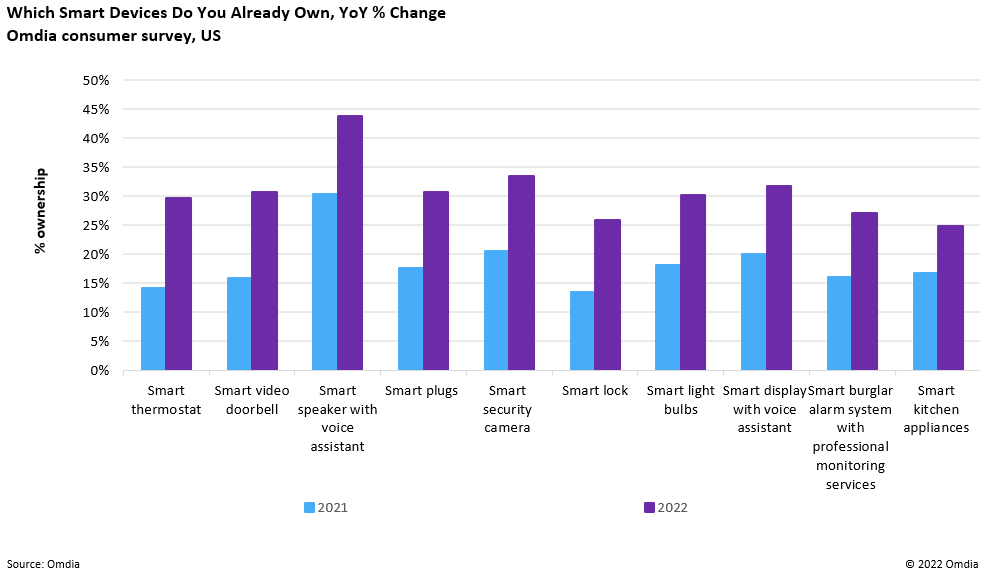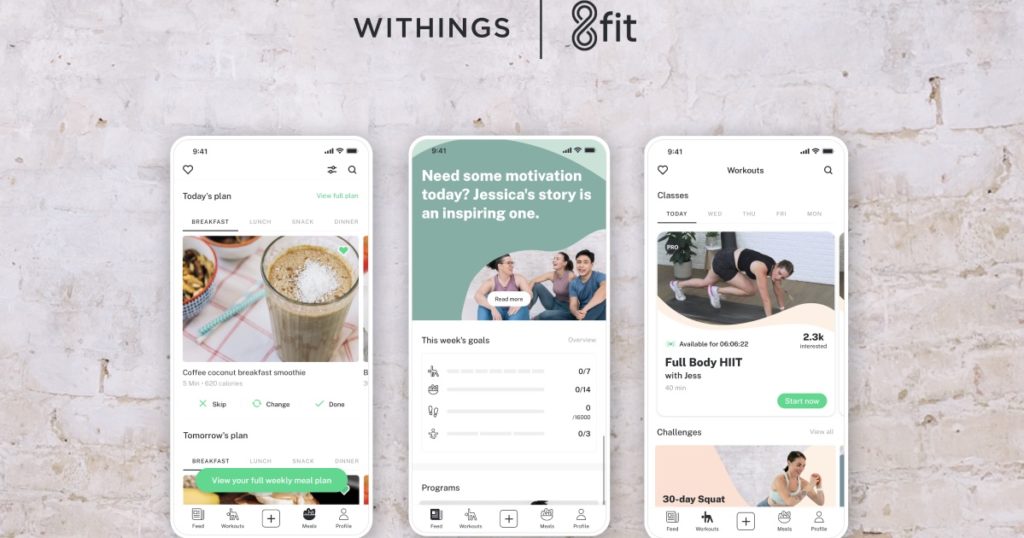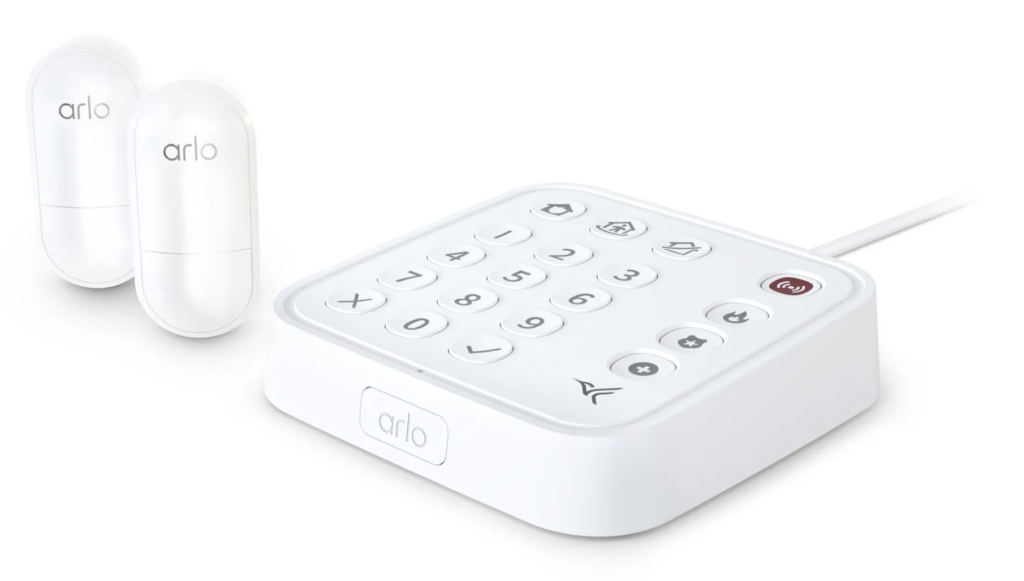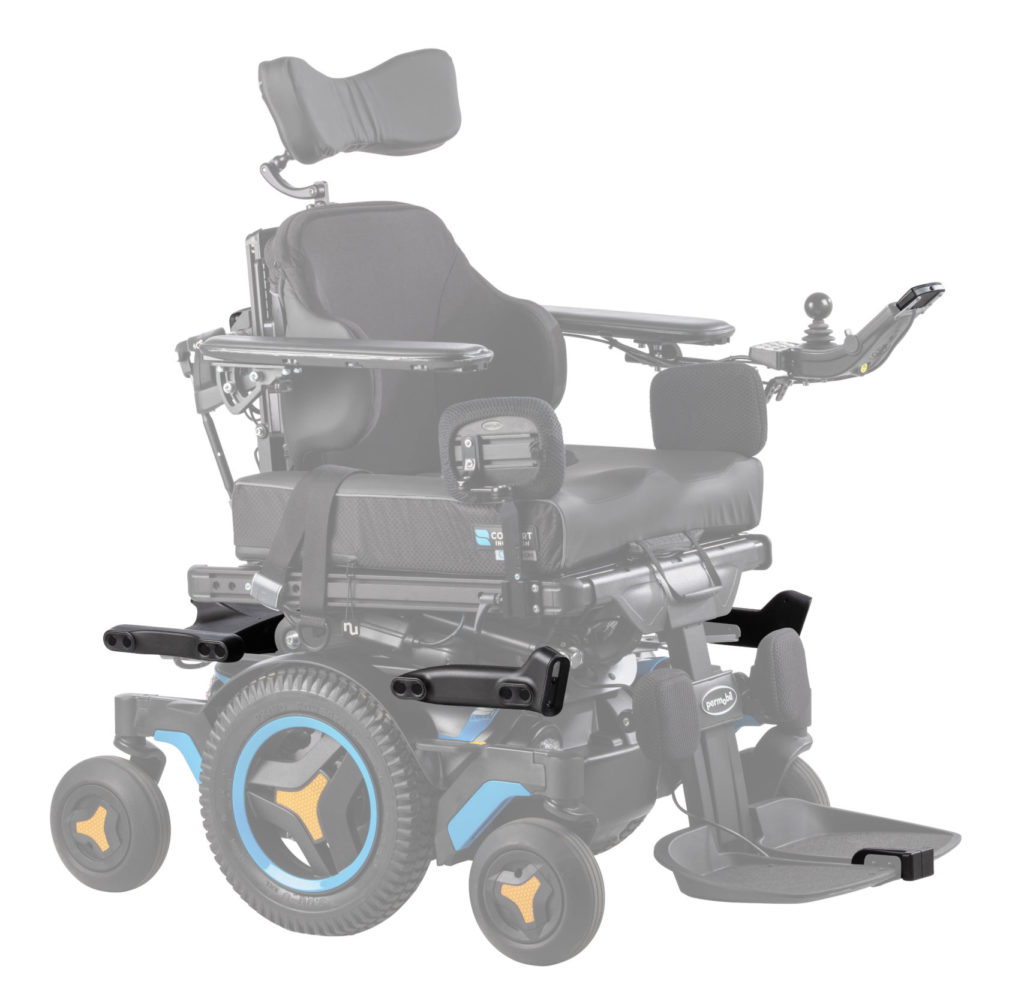This week’s show kicks off with our discussion of Amazon’s planned acquisition of iRobot, the maker of Roomba robotic vacuums for $1.7 billion. We then talk about a survey from Parks Associates that indicates almost a third of people using AirTag-style trackers to track people without their knowing and why users and companies must focus on consent. Then we hit on another ethics issue associated with a connected Epson printer that stops working after a set period of time, also unbeknownst to the user. In non-ethics news, Feit has purchased LIFX assets, Energous got FCC approval for sending up to 15 watts of power over the air for wireless charging and Qualcomm signed a deal with Global Foundries to ensure its chip supply through 2028. While on the topic of chips, we talk about software that runs on existing ESP32 that uses Wi-Fi for person detection and sensing, and future Apple products for the smart home. We end with a listener question about whether he should buy a new DIY hub and devices, or wait for Matter gear.
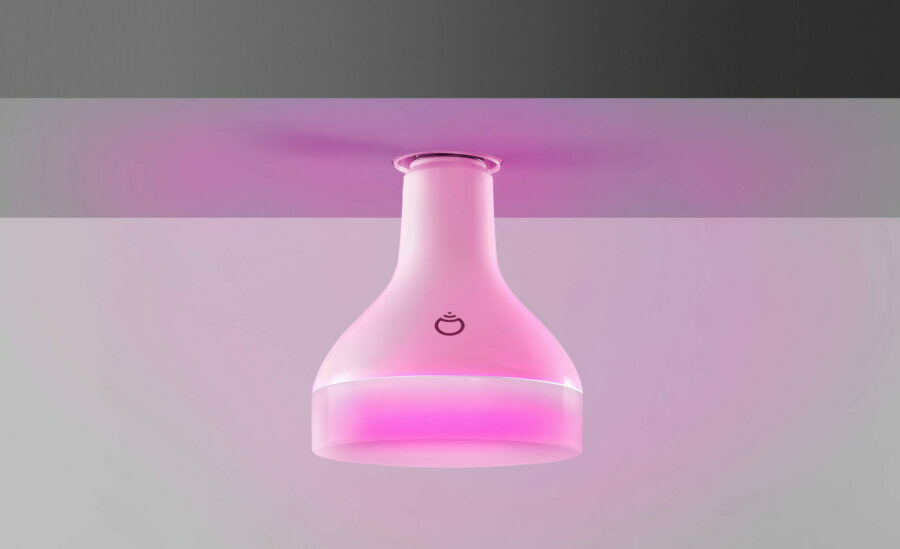
Our guest this week is Mark Benson, the head of Samsung SmartThings US. Benson is on the show to explain how SmartThings plans to eliminate the use of Groovy apps on hubs. The way forward is using APIs for cloud-to-cloud integrations, and LUA-based event handlers for smart apps that run locally. The final shift from Goovy takes place Sept. 30 so get ready for disruption if you have an older, niche routine or app on SmartThings, or update before then. Benson also shares more information on how SmartThings plans to support Matter and what it will mean for Samsung’s overall strategy in the smart home. We dig into what it means to be a Matter controller versus a Matter bridge and what role SmartThings will play. It’s a good show.
Hosts: Stacey Higginbotham and Kevin Tofel
Guests: Mark Benson, the head of Samsung SmartThings US
Sponsors: Silicon Labs and Impinj
- Amazon buys iRobot to build out the next generation of the smart home
- I’m surprised to see how many people are secretly tracking others
- We need expiration dates for smart devices
- SmartThings gets ready for its final goodbye to Groovy
- How SmartThings plans to adopt Matter
Podcast: Play in new window | Download | Embed
Subscribe: RSS


